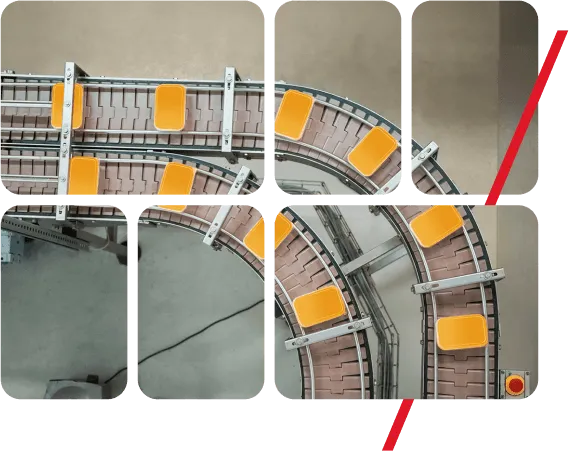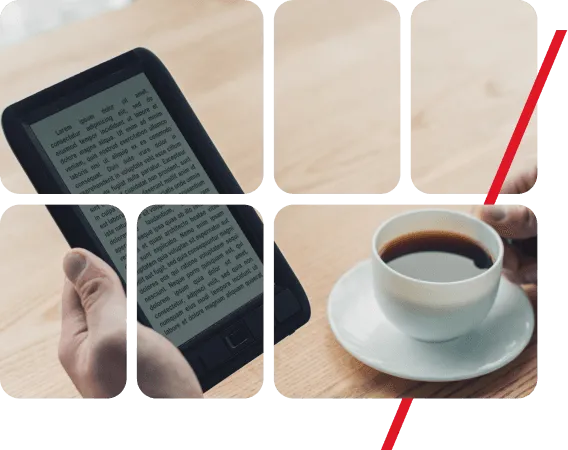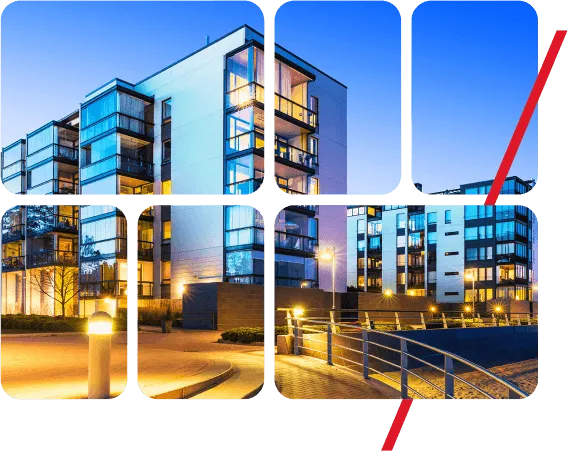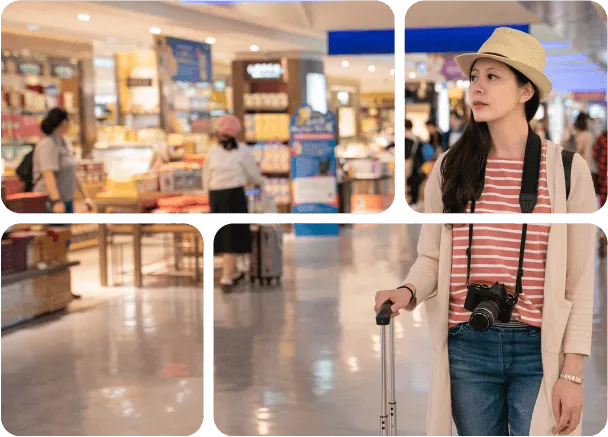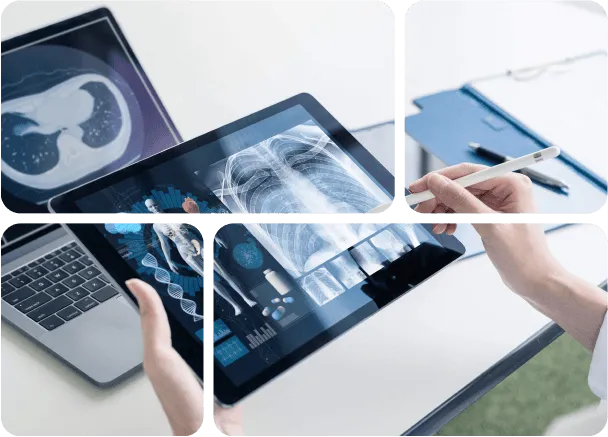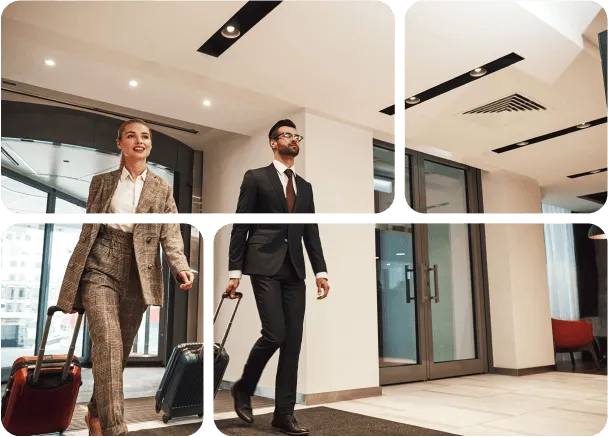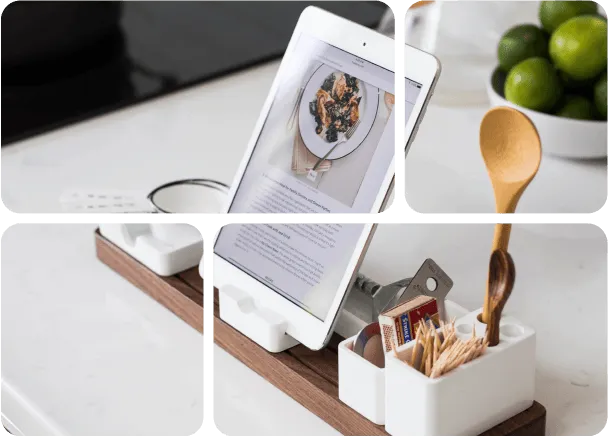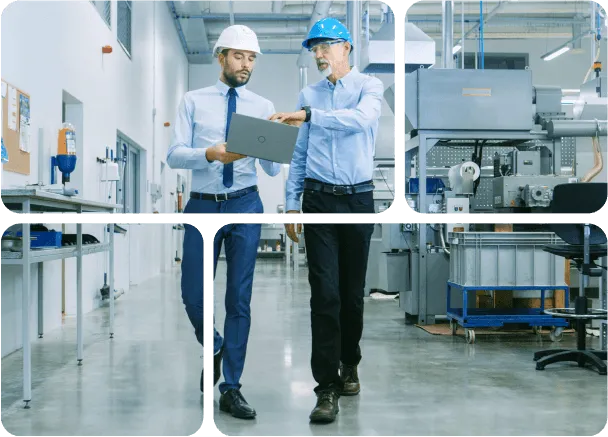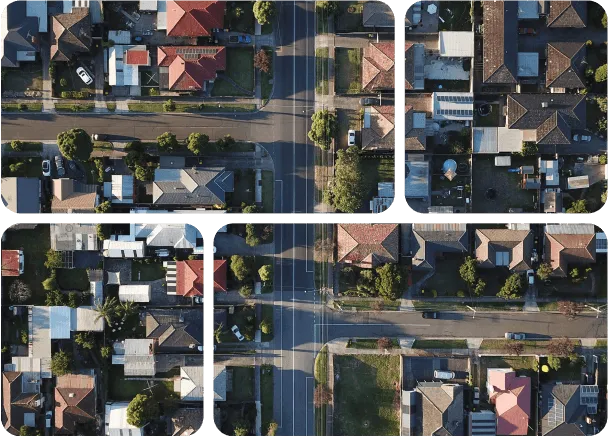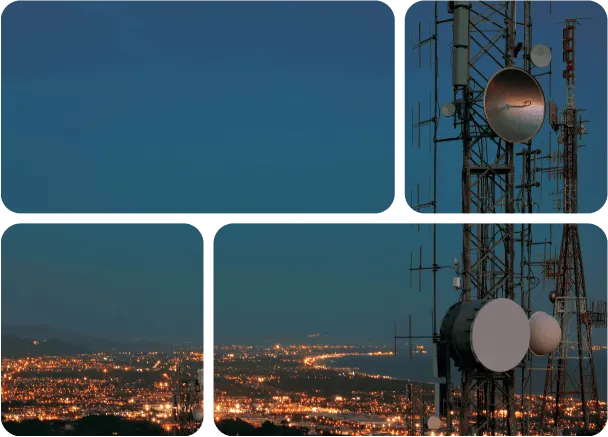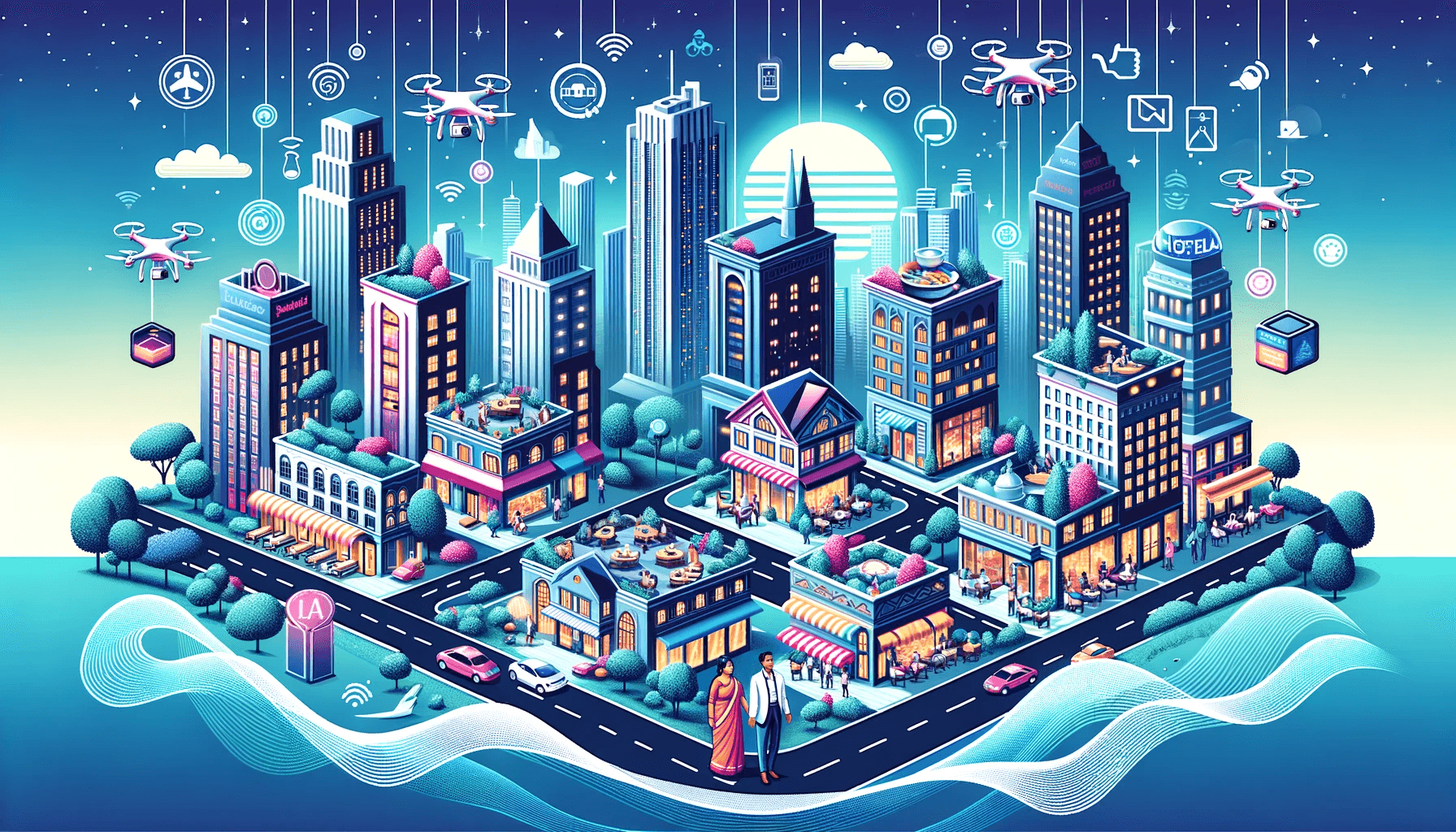In an era where technology plays an indispensable role, the hospitality sector is embracing innovative tools to redefine guest experiences and optimize operations. From artificial intelligence to visual technologies, the hospitality landscape is evolving to meet modern demands.
With the right technological tools, hospitality ventures can enhance guest interactions, boost operational efficiency, and curtail overhead costs. For instance, AI-driven chatbots facilitate timely guest communication, and mobile platforms expedite order placements.
Let’s unpack some of the pioneering technologies sculpting the hospitality industry:
AI, at its core, enables machines to mimic human intelligence by processing vast amounts of data and recognizing patterns. In the contemporary hospitality setting, consumers desire quick responses, tailor-made services, and effortless transactions. AI, paired with machine learning, refines customer service by offering tools like chatbots for round-the-clock guest communication in multiple languages. Furthermore, predictive analytics can help in forecasting room demands, and integrated customer service platforms can craft individualized guest journeys.
Video analytics is gaining traction in the hospitality sector, processing digital video content to analyze motion, track activities, and monitor events. Complementing this, virtual reality crafts immersive environments, enabling users to delve into simulated experiences. These visual technologies find applications in areas like security surveillance, immersive booking experiences, and virtual travel explorations. They even permit users to engage with others in a virtually shared space, making distances inconsequential.
Robotics, though a budding element in the hospitality sector, is making its presence felt. Whether it’s robot concierges or automated housekeeping, they enhance service efficiency. While concerns about their impact on jobs exist, robots primarily aim to support and not replace the intrinsic human touch that defines hospitality.
In essence, the integration of technology in the hospitality sector isn’t merely about the adoption of cutting-edge tools or automating mundane tasks. It represents a broader vision of blending tradition with innovation, ensuring that the essence of hospitality—personalized guest experiences—remains intact.
As we look to the future, it’s clear that technology will act as a linchpin, streamlining operations and elevating guest experiences.
But the heart of hospitality, the human connection, will always remain its cornerstone. It is in this synergistic dance between technology and human touch that the industry will find its most profound evolution, offering guests not just a service, but an experience that’s both modern and timeless.






